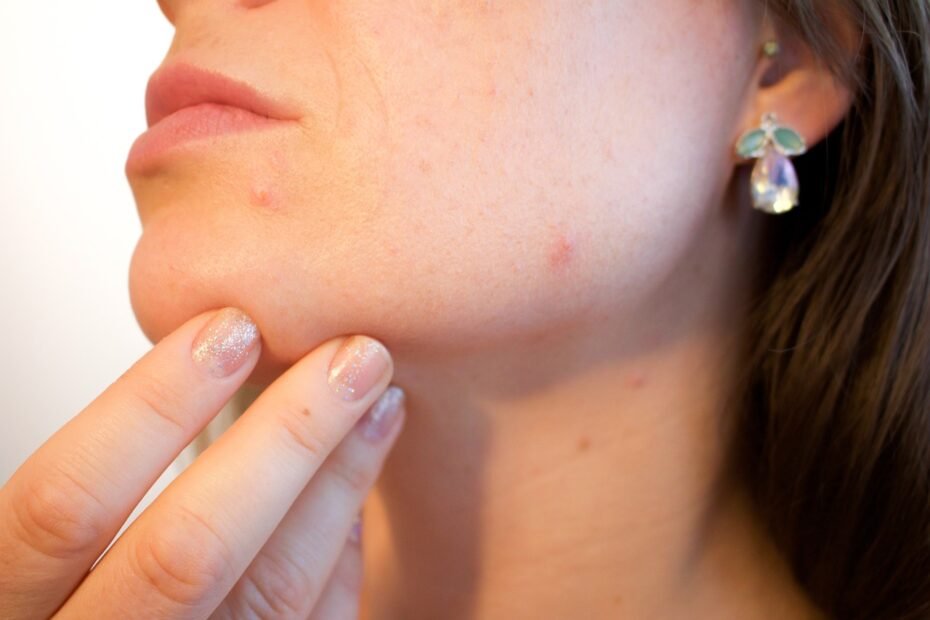Apricot oil is derived from the kernels of apricots and has gained popularity for its wide range of uses in skincare and cosmetic products. Known for its numerous benefits, including moisturizing properties and rich nutrient content, many people wonder if apricot oil is truly beneficial for all skin types. One common concern is whether apricot oil can clog pores, which can lead to acne and other skin issues. In this blog, we will dive deep into the science behind apricot oil and whether it has the potential to clog pores.
Understanding Comedogenic Ratings
To determine if apricot oil clogs pores, it’s essential to first understand what comedogenic ratings are. The comedogenic rating is a scale from 0 to 5 that indicates how likely an ingredient is to clog pores. Here’s what each number means:
0: Will not clog pores
1: Very low likelihood of clogging pores
2: Low likelihood of clogging pores
3: Moderate likelihood of clogging pores
4: Fairly high likelihood of clogging pores
5: High likelihood of clogging pores
Maintaining a healthy skin routine often involves choosing products with lower comedogenic ratings, especially for those with sensitive or acne-prone skin.
The Science Behind Apricot Oil
Apricot oil has a comedogenic rating of 2. This rating suggests a relatively low likelihood of clogging pores, but individual reactions can vary. It contains a mix of various fatty acids like oleic, linoleic, and palmitic acids. Here’s a quick description of these fatty acids:
- Oleic Acid (Omega-9):This monounsaturated fatty acid is known for its moisturizing properties. It helps to maintain the skin’s elasticity and softness.
- Linoleic Acid (Omega-6): This polyunsaturated fatty acid is essential in skincare for its anti-inflammatory properties and ability to soothe dry or irritated skin.
- Palmitic Acid: This saturated fatty acid has emollient properties and helps to smooth the skin.
Given its fatty acid profile, apricot oil is light and easily absorbed into the skin without leaving a greasy residue, making it suitable for various skin types, including oily and combination skin. However, your unique skin type and condition will ultimately determine its effects on your skin.
Real-world Experiences
Many users report positive experiences when using apricot oil in their skincare routines. For individuals with normal or dry skin, apricot oil often provides the needed moisture without causing breakouts. On the other hand, some people with sensitive or acne-prone skin have reported issues with clogged pores and minor breakouts. Therefore, while apricot oil can be an excellent option for many, it may not be suitable for everyone.
Factors Influencing Pore Clogging
Several factors can influence whether apricot oil will clog your pores, including:
- Skin Type: People with oily or acne-prone skin are generally more susceptible to clogged pores. If you fall into this category, you may need to proceed with caution.
- Application: How and when you apply apricot oil can affect its likelihood of clogging pores. Overuse of any product, including apricot oil, can lead to clogged pores.
- Quality of Oil: The purity and quality of apricot oil can vary. Using high-quality, cold-pressed apricot oil can minimize the chances of clogged pores since it contains fewer impurities and additives.
Individual Reactions
Everyone’s skin is unique, which means that the way apricot oil interacts with your skin might differ from someone else’s experience. The following scenarios can illustrate individual differences:
- Positive Outcome: Anna, who has normal skin, uses apricot oil as her daily moisturizer. She finds that it makes her skin soft and hydrated without causing any breakouts.
- Negative Outcome: Emily, who has sensitive, acne-prone skin, noticed that when she used apricot oil, she experienced a few small breakouts. She decided to stop using it in her daily routine and saw an improvement.
These individual cases highlight the importance of patch testing any new skincare product before fully incorporating it into your regimen.
Conclusion
So, does apricot oil clog pores? The short answer: it largely depends on your skin type and how you use it. With a comedogenic rating of 2, apricot oil has a low likelihood of clogging pores for most people. It is packed with beneficial fatty acids that nourish and moisturize the skin.
However, if you have oily or acne-prone skin, you may want to proceed with caution and perform a patch test before making it a regular part of your skincare regimen. Your best bet is to listen to your skin and adjust accordingly. Because everyone’s skin is different, what works for one person may not work for another.





